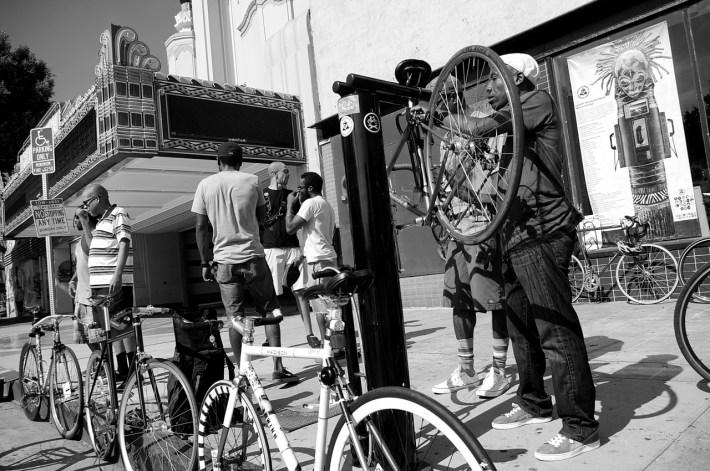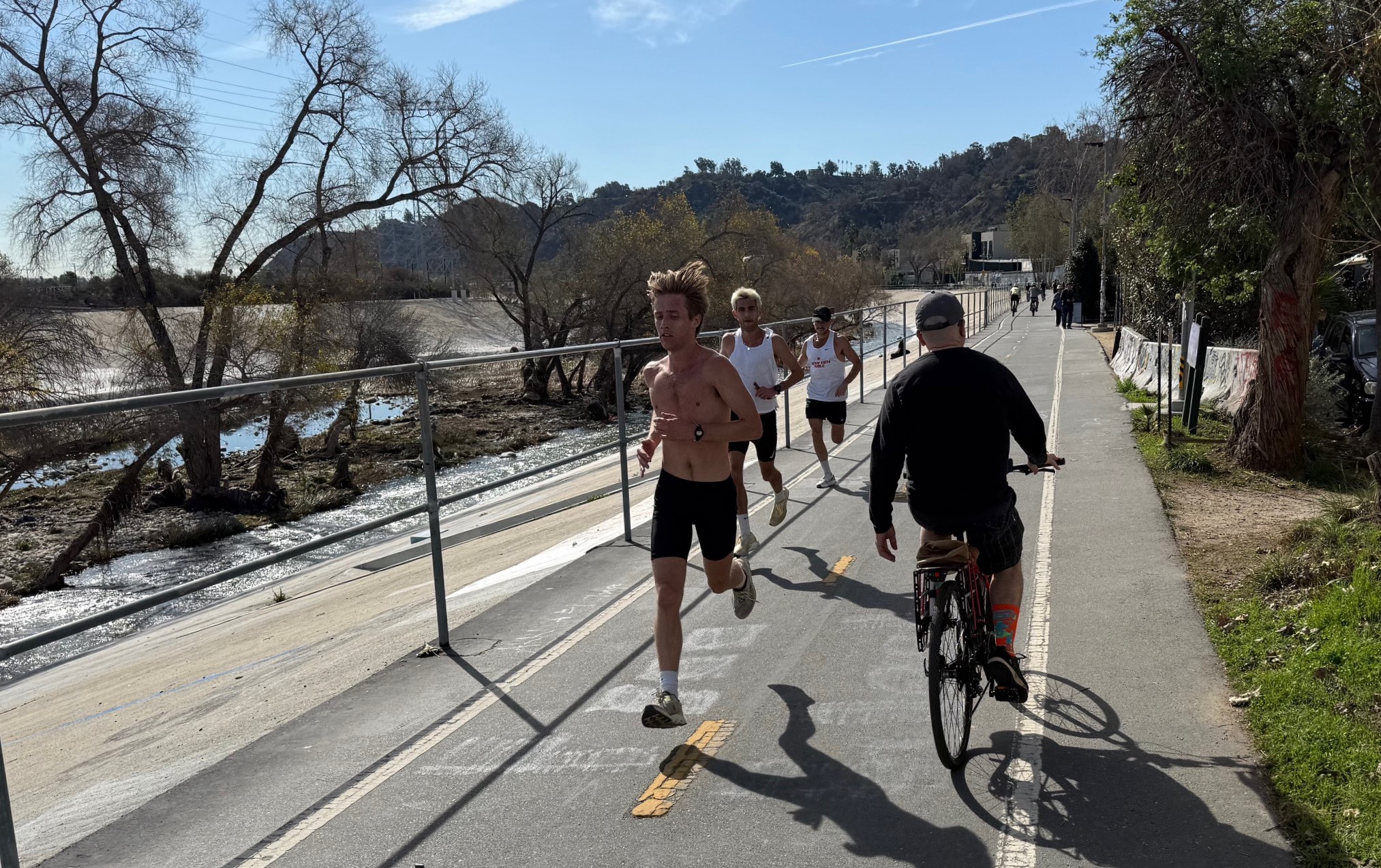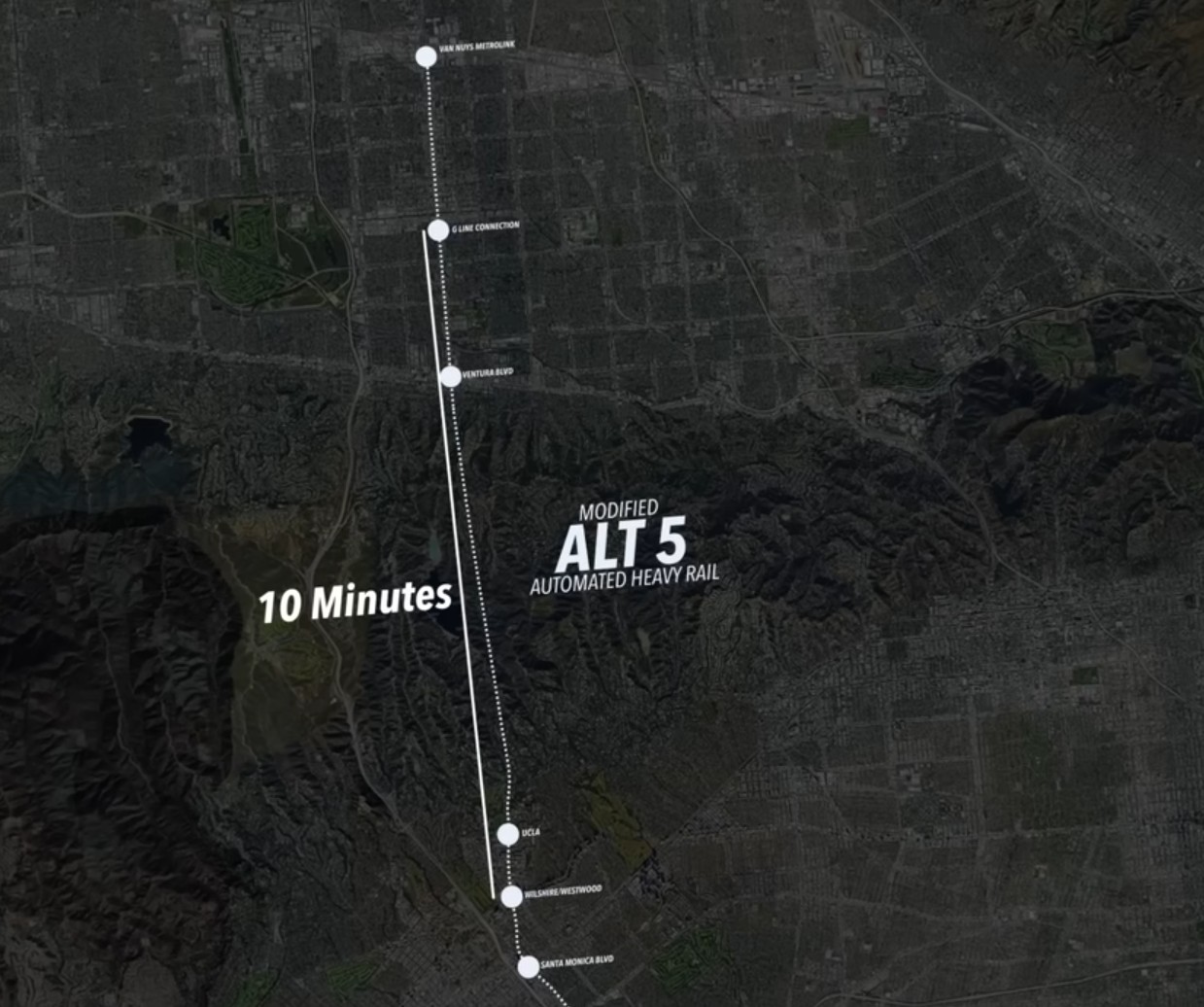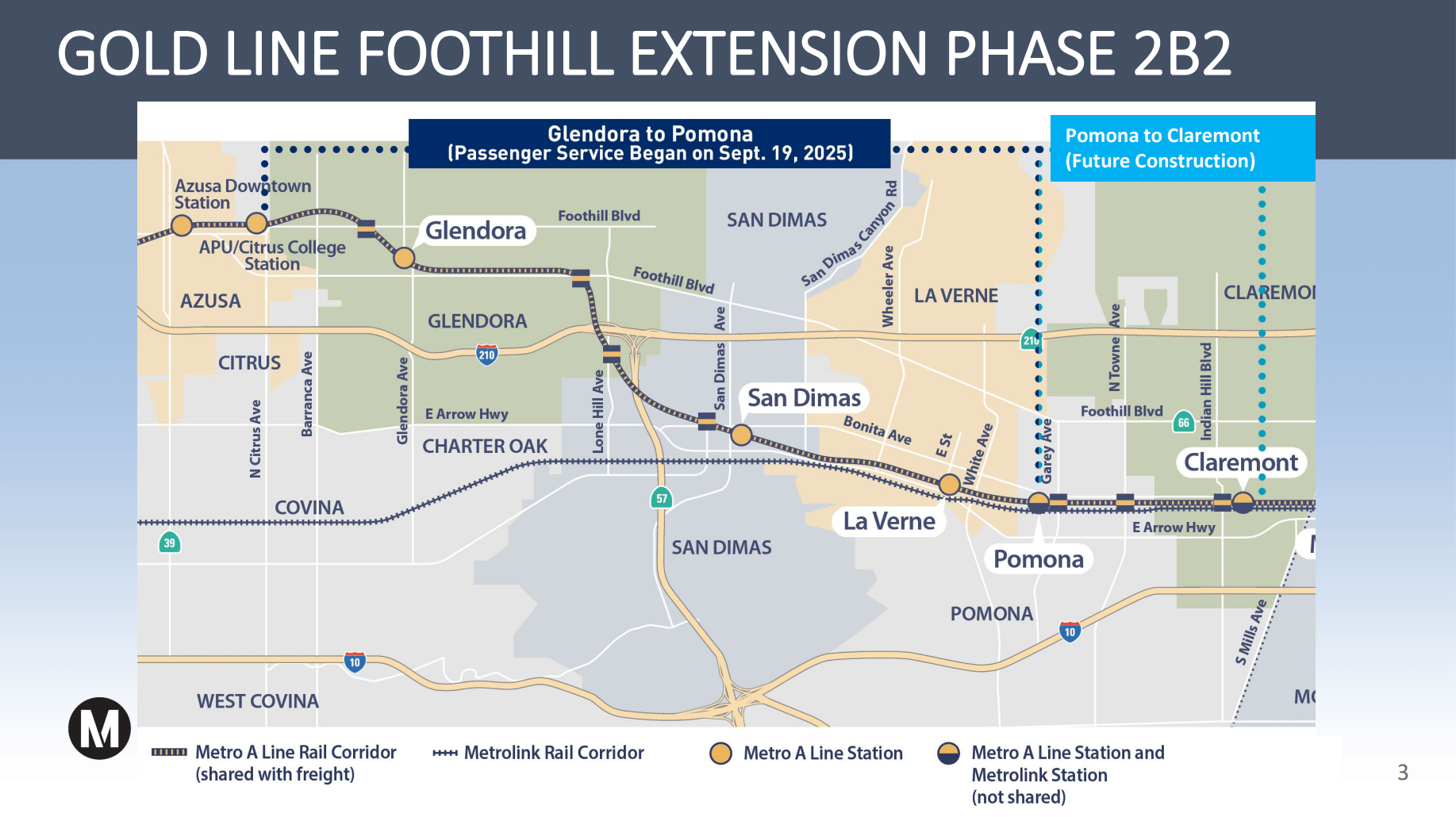
As one of the few attendees at the recent Live.Ride.Share. forum from South Los Angeles, aspiring bicycle co-op founder Ade Neff said he felt frustrated by what he wasn't hearing. While the many of the advocates on hand had fantastic visions for the future of transportation in Los Angeles, they often seemed to gloss over the more complex needs of lower-income communities of color and deficiencies in the existing transit system that those communities already depended on.
"My daughter's bus stop was in the bushes!" he said of the absence of infrastructure at the stop where she and her classmates disembarked near their school. "Nobody is talking about that..." or basic things, like finding ways to make the uncomfortable daily struggle of transit-dependent parents to get on and off crowded buses while juggling children, strollers that need to be folded, and multiple bags easier.
And, he felt, the kinds of mobility hubs he was hearing about -- and could possibly be established at sites like the coming Leimert Park Metro station -- featuring bike share, a repair shop, and other amenities could be great for visitors and those of means but nowhere near sufficient to address the needs of residents like himself.
Beyond the lack of bike infrastructure and poor connectivity of existing networks either within South L.A. or linking it to other communities, the lack of affordable resources to support lower-income cyclists can make obtaining and maintaining a quality bicycle a real challenge.
"Right now," he explained, "I have to travel 8 miles to get to a [bicycle] co-op."
There are a few shops in the vicinity of Leimert Park, but parts and repairs can be costly. So Neff, a recent graduate with a Masters in Urban Sustainability, Capoeira teacher, and father to a middle-schooler who has to watch his budget, makes the trek to toward Venice to visit the Bikerowave.
He, at least, has the ability to get to a co-op and knowledge of what he needs once he's there. Too often, when the bikes of those of lesser means break down, the bikes go into the garage and stay there. Repairs can be put off for months -- even if it is something as simple as a flat tire or a slipped chain that they could have fixed on their own. Folks that have no other means of transportation sometimes make crude DIY fixes and continue to ride around on unsafe bikes.
Recently, when helping out a bike clinic at a charter middle school near Culver City, Neff said he was dismayed to see the problem extended to younger kids, as well.
"No matter how much I adjust the brakes," he mimicked braking on one of several unrideable bikes he worked on, "it's not gonna stop [this] bike."
In his head, he began creating a list of each of the things the kids would need to make their bikes street-worthy before he realized there was no point. Most wouldn't have the money for those kind of overhauls.
That absence of affordable resources in his community, Neff said, is a key reason he's looking to launch a co-op in Leimert Park Village some time in the next year.
But it's not the only one.
He also wants to establish a site where residents can have conversations about the infrastructure they need and begin to advocate for their vision of livability more systematically.
"Too often in our community we adjust," he declared. "We adjust to lack. We don't complain -- we just adjust."
No bike racks at the grocery store or poles that aren't encased in cement? OK, I'll just lock my bike to the shopping cart rack and risk it being damaged by cars or wayward carts. No bike infrastructure that will take me from my neighborhood to the Ballona Creek bike path? OK, I'll forgo giving my daughter the opportunity to experience nature while engaging in a healthy activity because I just can't get her safely from my park-poor neighborhood to the bike path.
"We need to [truly] be included in the conversations," he said of the wider dialogues around mobility. "But people [from South L.A.] also need to advocate for themselves. We need to start dictating [what we need]...and we need to do things for ourselves."
The only question is whether the creation of a multi-purpose space that can serve as a co-op, community resource, dance/Capoeira studio, gathering space, possible bike-library (bikeshare), and center for dialogue near the pending Metro stop in Leimert Park can weather the many changes the new station is sure to bring.
He hopes so, but it likely won't be easy.
The model he is looking at right now is similar to that of the Bikerowave, where it will function as a co-op but also sell bikes and other products that would make the shop self-sustaining. The co-op would also likely be volunteer-driven. But given that lower-income youth generally can't afford to volunteer, Neff is also looking at the possibility of working with city programs aimed at placing youth in employment and that pay their stipends in exchange for skill development and job experience.
None of this will come cheap. Rents in Leimert Park are on the rise and he estimates that getting set up with the space, tools and equipment, and bikes and accessories will run him somewhere in the range of $20,000. He's been attending funding workshops to get informed about what is out there (including a recent ATP workshop), but when you're from a community that is not as plugged in to funding opportunities or urban planning networks, the learning curve can be steep. The Bikerowave, Jeremy Swift and others from Black Kids on Bikes, and a few other folks have already been incredibly supportive and ready to step up, he said. But South L.A. still lacks other supportive infrastructure for these kinds of endeavors and a ready pool of people who have disposable funds that can be donated to the cause.
In the meanwhile, Neff has started testing the waters in the community by holding clinics on the last Sundays of the month, in conjunction with the rides held by Black Kids on Bikes and the Leimert Park Art Walk.
Using the repair station in front of the KAOS Network, he both tunes up bikes and shows the owners how to do simple things themselves. It's gone well so far, he said, bringing out a number of women from the community who had been looking for an opportunity to dust off their bikes. And it has helped give him the confidence that a co-op would meet a genuine need, generate some new energy in the area, and play an important role in shifting the community toward a more sustainable and healthy lifestyle.
"If you know how to fix your bike," he said, "you're more apt to ride."
Neff has set up a fundraising page for Ride On!, found here. If you'd like to check out one of his clinics, visit the FB page, here, and stop by the new People St Plaza in front of the KAOS Network (at 43rd Pl. and Leimert Park Blvd.) on the last Sunday of the month. Neff plans to hold a "Bikes and Beats" festival showcasing local livability resources and advocates and featuring a neighborhood bike ride in the next few months.






